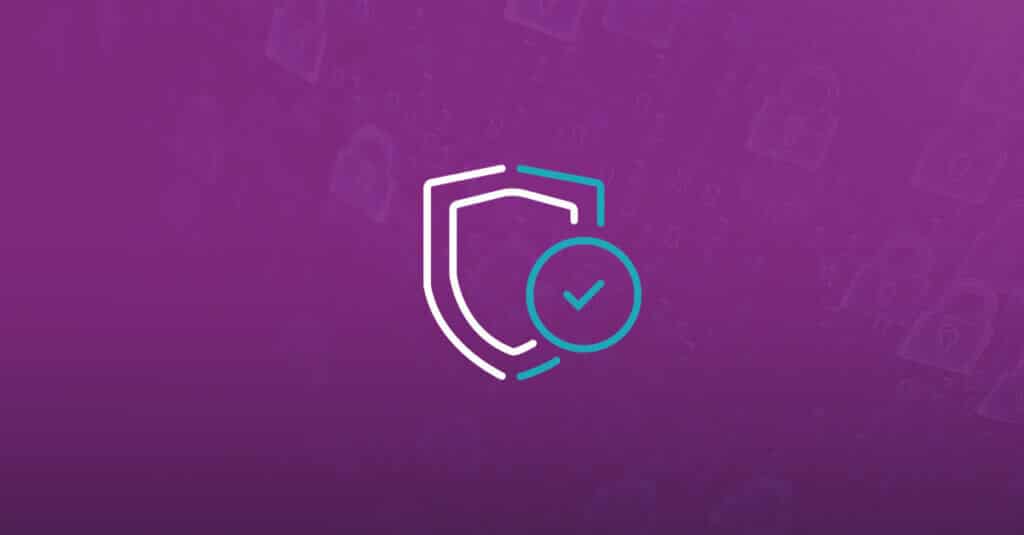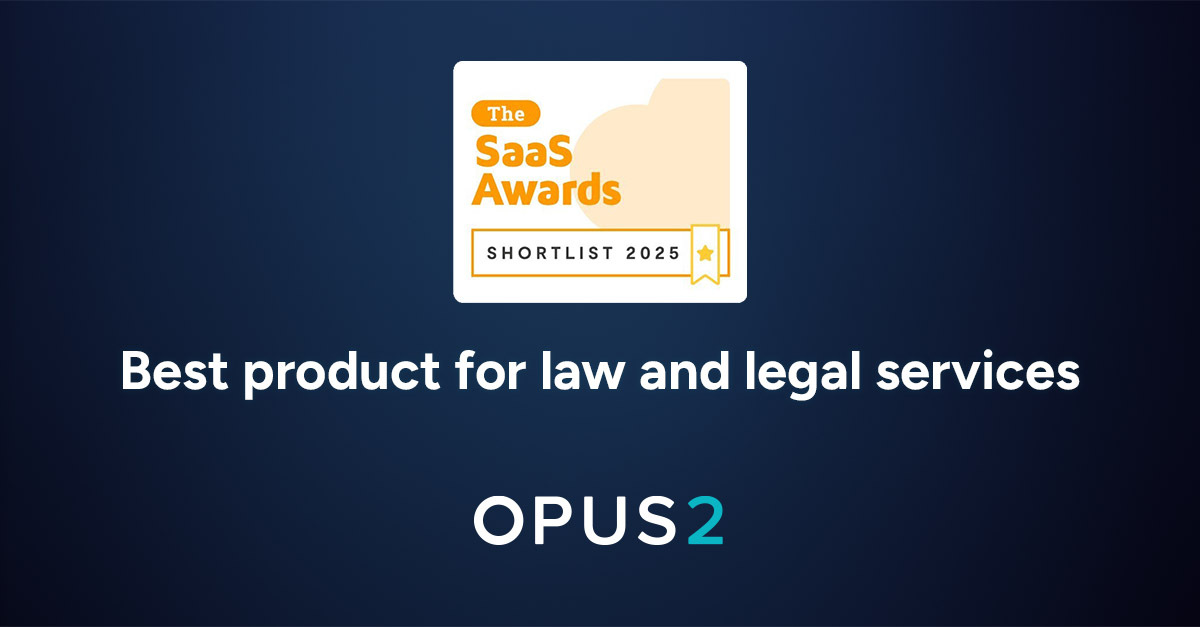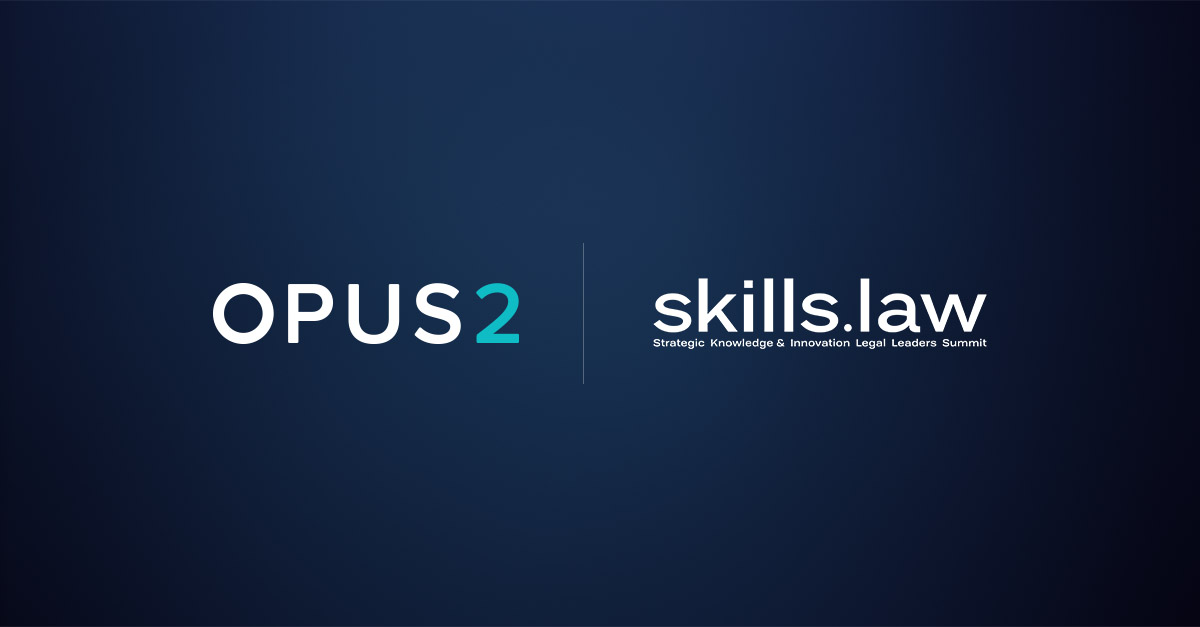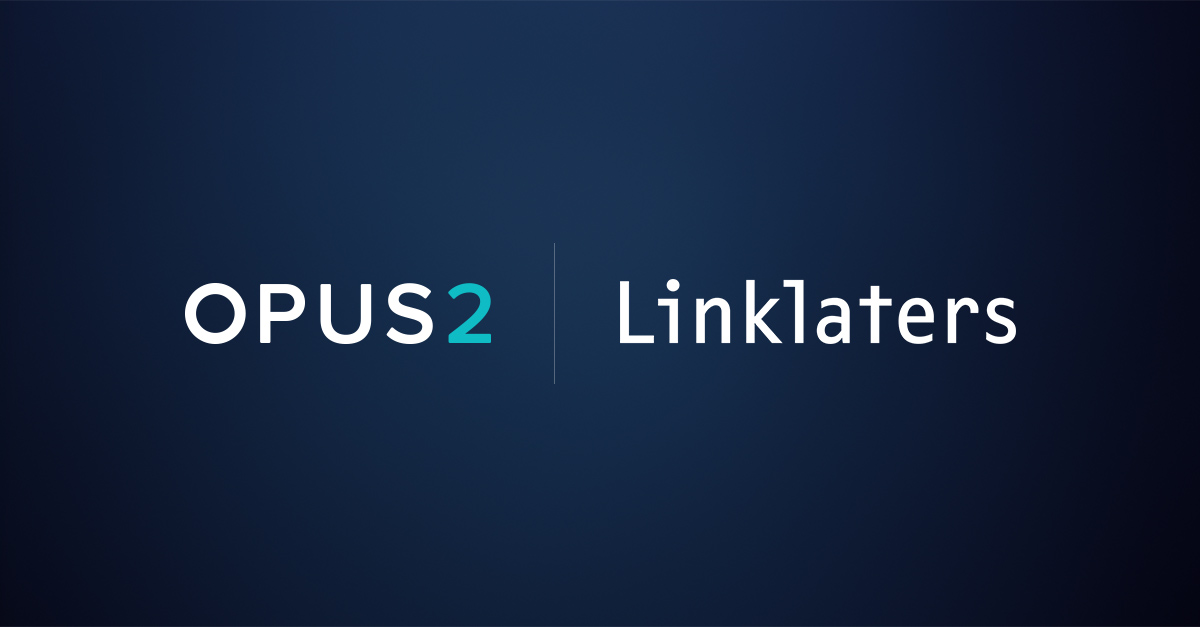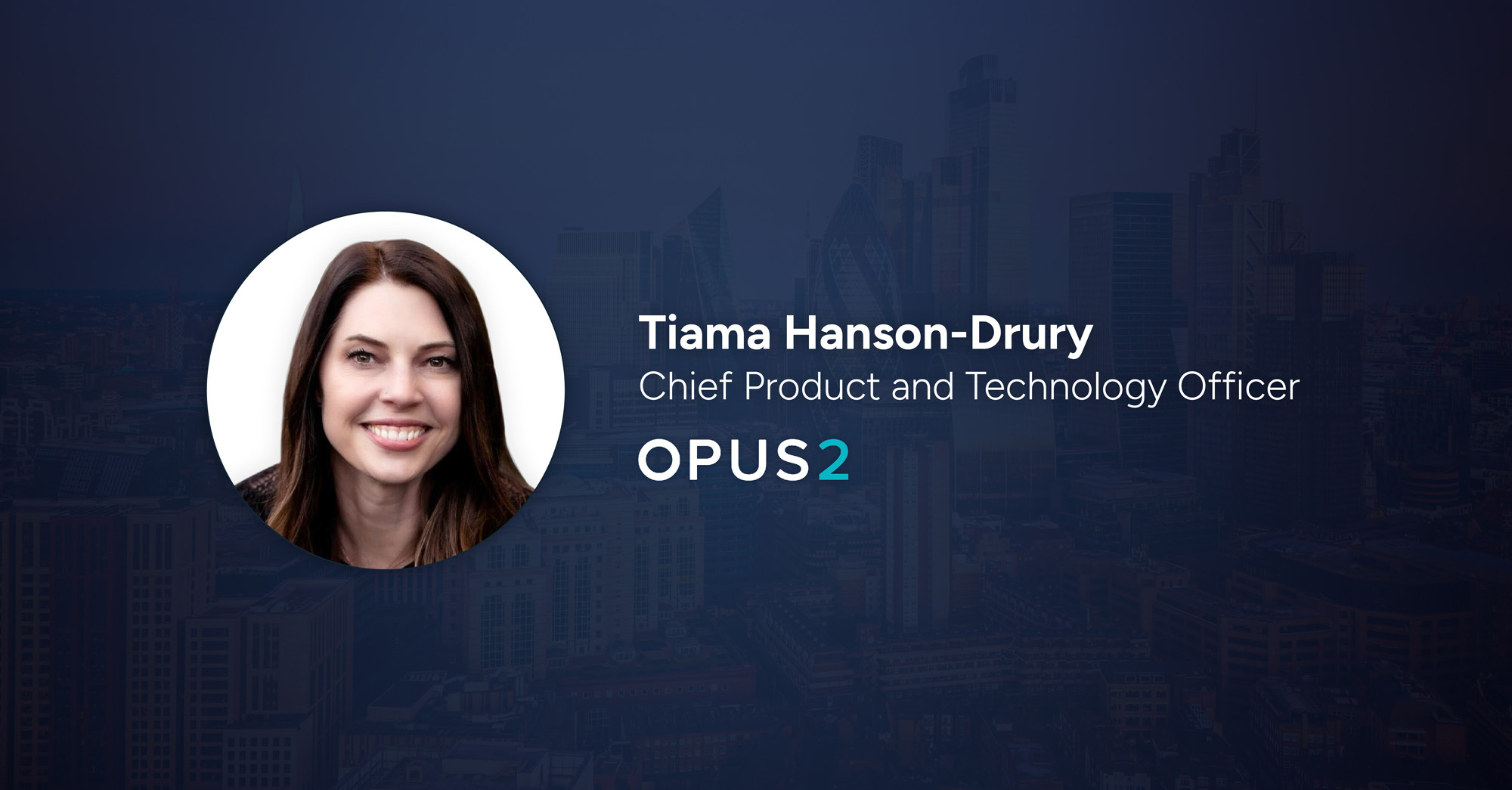In today’s digital age, law firms manage mountains of sensitive client data using technology. Keeping client information safe isn’t just your duty, it is essential to the success of your firm. As law firm breaches increase, client questions about legal tech security and privacy rise as well. To answer these questions confidently, legal professionals should understand how their firm protects client data.
In this article, we’ll share an overview of why legal tech security is so important and questions to ask legal tech providers when considering a new solution. We’ll offer an educational overview of security certifications and data privacy regulations you will encounter when exploring legal tech security. Additionally, we’ll explore how law firms can effectively communicate their security measures to clients, fostering transparency and building client confidence.
Why is legal tech security so important?
Unfortunately, the volume, sensitivity, and value client data has made law firms a particularly tempting target for bad actors in recent years. According to a report from SecurityScorecard, one third of breaches were due to a third-party attack. Of those breaches, 75 percent were traced to software and other technology products. Regardless of the cause, the fallout from a data breach can be severe and long lasting.
Reputational damage
Law firms build their business on trust, integrity, and confidentiality. A data breach can instantly dissolve even the strongest client relationships and years of hard work, leading to diminished profitability, damage to the firm’s brand, and long-term reputational harm.
Financial consequences
Beyond the long-term impact on a law firm’s book of business, the monetary impact of a data breach can be staggering. Immediate costs can include remediation expenses, forensic investigations and legal fees, and regulatory fines. According to IBM’s Cost of a Data Breach Report, the average total cost of a data breach for companies worldwide was $4.45 million in 2023.
Legal penalties
Law firms and lawyers are bound by ethical obligations to protect client confidentiality and safeguard sensitive information. A failure to meet these obligations may lead to legal sanctions, disciplinary actions, and misconduct allegations. Regulatory bodies such as bar associations and data protection authorities may impose fines, suspend licenses, or even disbar attorneys found to be negligent in their handling of client data.
Because of this risk, it is more crucial than ever to ensure that any solution provider your firm engages with is equipped to safeguard client data. For any legal technology that stores, accesses, or manages client data, a security assessment should be a standard part of your procurement process.
Questions to ask legal tech providers about security
When considering legal tech, the topic of security and privacy is bound to come up, but don’t wait too long to address it. In most firms, the standard procurement process includes an in-depth security assessment. But by then, you’ve likely spent a lot of time researching potential solutions, taking meetings, and reviewing proposals.
Encountering a dealbreaker security issue in the procurement stage will almost certainly derail your implementation timeline. So, as you take part in initial discussions, it’s important to gather some basic information about security practices and policies. Here are a few questions you can ask early in the process.
- What security certifications do they hold?
- Do they comply with relevant regulations regarding data privacy and AI?
- What encryption protocols do they follow both for data in transit and at rest?
- Where do they store data?
- Do they conduct regular security audits?
- What access controls and policies are in place?
- Can they provide you with their incident response plan?
- What training and resources do they provide for their employees?
- Within the platform, how do they prevent unauthorized access to information by other users?
Legal tech providers should be able to answer these questions quickly and directly. In fact, many will have a security page that offers a high-level overview of their approach and certifications. As you progress through the sales process, you can request more information about security policies and procedures. Depending on the level of detail you require, the vendor may ask you to sign a nondisclosure agreement (NDA) before disclosing detailed security protocols.
Legal tech security certifications
When evaluating legal case management software, or any legal technology, it’s wise to explore the security certifications they hold and the standards they adhere to.
Here are some key security standards and certifications to look for:
ISO/IEC 27001 certification
If your firm works internationally, handles data from any international party, or might need to the future, your legal case management system should be ISO/IEC 27001 certified. This extensive security evaluation is the international standard for security. It outlines requirements for establishing, implementing, maintaining, and continually improving an information security management system (ISMS).
SOC 2 compliance
Developed by the American Institute of CPAs (AICPA), SOC 2 compliance assesses controls relevant to security, availability, processing integrity, confidentiality, and privacy.
NOTE: ISO/IEC 27001 is a more rigorous assessment that includes global security best practices and encompasses the standards set out in the SOC 2 assessment. Accordingly, legal tech companies will often prioritize ISO/IEC 27001 certification.
ISO 9001 certification
Focused on quality management, ISO 9001 sets standards to enhance performance, meet customer expectations, and demonstrate commitment to quality. The framework explores seven quality management principles that prioritize customers and continual improvement.
Cyber Essentials Plus
This UK government-backed certification is designed to help organizations demonstrate their commitment to cybersecurity best practices. Cyber Essentials Plus certification involves an assessment of an organization’s security controls, providing assurance of protection against common threats.
Regulatory compliance
As custodians of vast amounts of client data, law firms must ensure compliance with regulations established to protect the rights and privacy of individuals.
Here are a few notable data privacy regulations that your legal tech providers should comply with:
General Data Protection Regulation (GDPR)
Enforced by the European Union (EU), GDPR governs the processing of individual personal data within the EU and the European Economic Area (EEA). Legal tech providers serving clients in the EU must adhere to GDPR’s principles, including data minimization, purpose limitation, and accountability.
California Consumer Privacy Act (CCPA)
CCPA is a privacy law in the United States that grants residents of California specific rights regarding their personal information. Legal tech providers must provide transparency about data collection, honor consumer rights to access and delete personal information, and implement reasonable security measures.
Singapore Personal Data Protection Act (PDPA)
PDPA governs the collection, use, and disclosure of personal data by organizations in Singapore. The PDPA’s provisions require organizations to obtain consent for data processing, ensure accuracy of personal data, and implement data protection policies and practices.
Australian Privacy Act
Similarly, the Australian Privacy Act regulates the handling of personal information by organizations that do business in the country and exceed AUD 3 million in income. The requirements include obligations related to the collection, use, and disclosure of personal information, and the implementation of privacy policies and procedures.
Canada Federal Personal Information Protection and Electronic Documents Act (PIPEDA)
Finally, the PIPEDA is Canada’s federal privacy law that governs the collection, use, and disclosure of personal information during commercial activities. Providers operating in Canada or serving Canadian clients must comply with PIPEDA’s principles, including obtaining consent for the collection, use, and disclosure of personal information and safeguarding personal information.
Ensuring compliance with these data privacy regulations and other applicable laws is another key element of the legal technology procurement process.
Tips for talking to clients about security
As law firm data breaches continue to grab headlines, you’ll likely encounter prospective or current clients that have questions about security. It is good to have a solid grasp on your internal security policies as well as the standards your legal tech vendors meet. Here are a few tips to help you navigate those conversations with confidence.
1. Offer an overview and access to more information
Unless you are in IT, Clients probably won’t expect you to be a cybersecurity expert, but they do want to ensure your firm takes security seriously. Provide inquiring clients with an overview of your security approach. Then, share additional information and resources. If more information is required, offer to schedule a meeting with a legal IT professional on your team.
2. Share insights about the legal tech you will leverage for their matter
After providing a high-level view of your firm’s security approach, address the legal technology that you will use to manage their matter. For example, a litigation matter may require your team to use a combination of solutions like an eDiscovery tool, a legal case management platform, and a task management system. Share how you use those tools to deliver value, what data they have access to, and the security certifications they must adhere to.
3. Answer common questions proactively
When engaging with a prospective client, offer security information proactively. Not only will this help keep discussions and negotiations moving forward, but it also reinforces the fact that your firm takes security seriously while building a sense of transparency.
Questions you can answer include:
- Does your firm abide by the ISO 27001 information security standard?
- Can you verify that client data will not be exposed to any system that does not adhere to ISO 27001?
- What information security and privacy policies does your firm have in place?
- Where have investments have been made or actions taken to ensure the protection of client data?
- Does your firm comply with the regulations specific to the client’s industry?
4. Seek to understand the context of their concern
If a security question seems to arise out of nowhere, take a moment before you begin reciting your security certifications. Ask if they have any specific issues or situations they are worried about. Have they run into issues with external counsel before? Are they concerned about remote access? If you can get to the heart of the matter, you will be able to offer more valuable information.
Legal professionals and legal technology play a significant role in protecting client data. Through proactive discussions, adherence to industry standards, and diligent compliance with regulations, legal professionals can mitigate risks and protect client information in an ever-evolving digital landscape.

